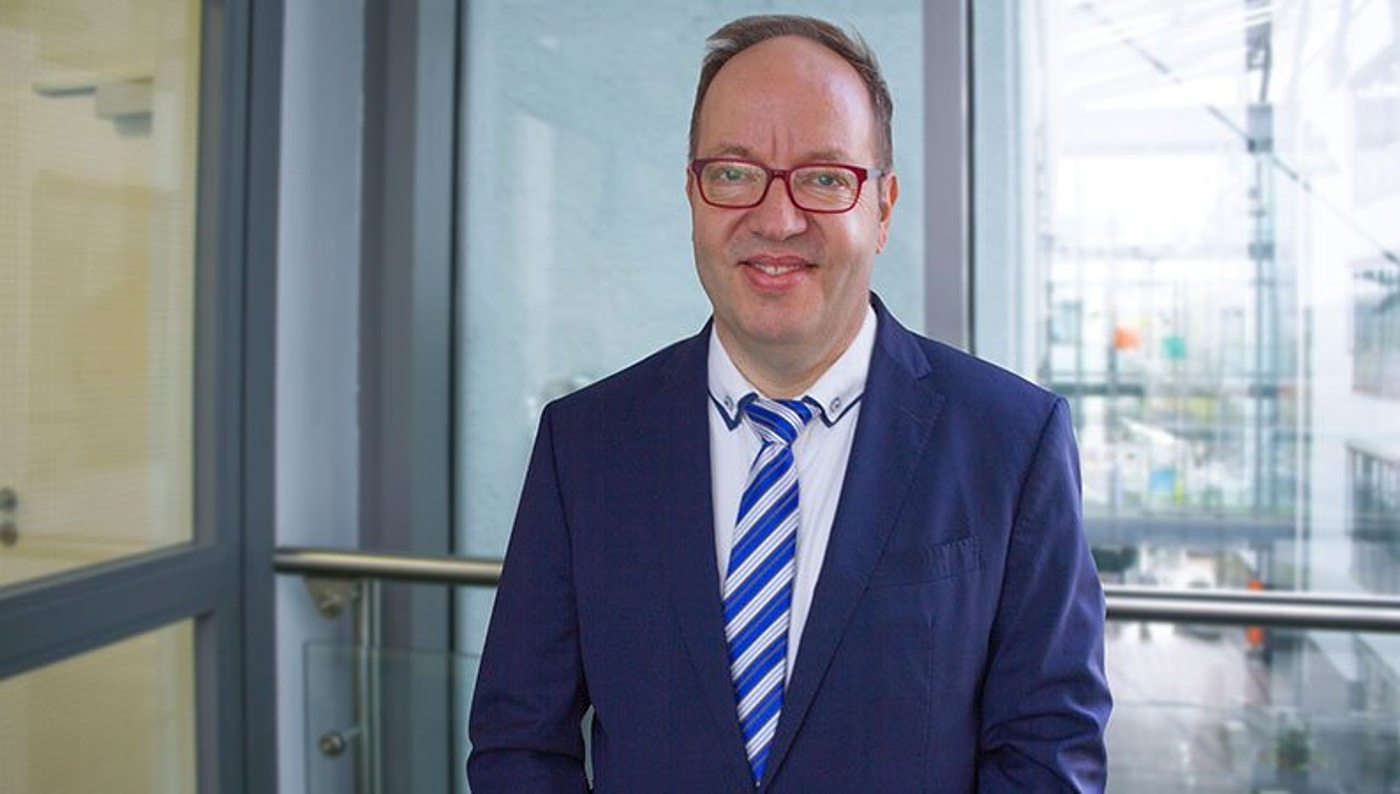
Associate Spotlight with Dr. Christopher Brückner
Dennemeyer's Associate Spotlight is a regular series highlighting our team of dedicated professionals who work in 23 offices around the globe. Get to know Dr. Christopher Brückner, European Patent, Trademark and Design Attorney at Dennemeyer & Associates.
Many IP-experts in the pharmaceutical industry know Dr. Christopher Brückner as the author of the German-English commentary on Supplementary Protection Certificates (SPCs). His qualifications as a patent attorney and pharmacist make him a sought-after contact for legal and entrepreneurial issues. Read more in this interview, as Dr. Christopher Brückner offers his thoughts and tips for companies from the chemical and pharmaceutical industry when dealing with SPCs. If you have any questions about this topic or related issue,

How did you end up specializing in such a niche field?
As a pharmacist, I am frequently in contact with experts from the pharmaceutical IP departments. Before I drafted the SPC commentary, I genuinely was surprised that nearly no information was available regarding the drafting of SPC applications. Moreover, it was an attractive challenge to plan such a complex book in two languages.
Did you plan on becoming an IP lawyer, too?
Absolutely not! I worked for a pharmaceutical company and made an invention concerning neuroprotective compounds for the eye. Then I had to work together with an external patent attorney. This was my first contact with the field of IP, and it was love at first sight.
Can you explain SPCs in a way that even a layperson would understand?
In essence, SPCs offer the possibility of extending a patent related to pharmaceuticals or plant protection products for up to five years. The idea behind the SPCs is that, in case of these products, the time spent for getting a marketing authorization can take so long that the effective running time of a patent is not enough to amortize the investments.
What you need for an SPC, frankly speaking, is a patent and a marketing authorization. Since both documents are from entirely different legal systems, the details of SPCs offer a lot of surprises. Competent consultation is very much needed to avoid costly mistakes.
What is the most challenging aspect of SPCs?
During the last 20 years in Germany, we had about 1 million patent applications and around 1,000 SPC applications. In other words, filing an SPC application is not an everyday job. But if the client is asking for one, most times, a lot of questions arise. Moreover, the SPC system is a European system, but SPCs are granted only by national patent offices. So the accepted practice around the grant of SPCs differs very often around the globe.
Do you have any tips for companies from the chemical and pharmaceutical industry when dealing with SPCs?
Companies should build up a clear SPC strategy, in complete agreement with the IP department, even before thinking about getting a marketing authorization. If the patent has been granted at first and the company is waiting for a marketing authorization grant, the company has six months to file an SPC application starting from the grant of the marketing authorization. Therefore, clear communication between both departments is necessary. If a company owns several patents for the same compound, it has to decide which patent should be used. Once again, clear communication within the company is necessary.
What was your trickiest SPC case so far?
I had a case where an earlier marketing authorization had been granted for the same compound but another galenic preparation. The question was whether the arguments presented in the Neurim case were also pertinent for this case.
What arguments are those?
In the Neurim case, it has been decided that an older marketing authorization for the same product is not relevant for an SPC application if the subject matter of the marketing authorization is outside the scope of the basic patent. In nearly 50% of the countries, we successfully convinced the national patent offices to grant an SPC.
What has been your favorite IP work you have been involved with or case you have handled?
I guided a medium-sized company to draft a patent application for the treatment of plants. Since the patent was granted in the form in which it was applied, the company decided to make the department for plant protection products one of its biggest departments. In another case, for the same company, I had to manage an opposition procedure for its most valuable patent. In the end, we were successful.
What else do you love?
Music and nature. I love listening to music and enjoying the scenery around Munich whenever possible. During my study of pharmacy, I also trained as a classical singer at the Deutsche Oper Berlin. The picture you see here was taken for a concert called "Lange Nacht der Musik" (long night of music); I sang songs of Frank Sinatra, Billy Joel, and I think it suits this atmosphere.
What is the best thing about Dennemeyer you will not find in the job description?
Dennemeyer is a company of highly motivated and friendly people. Every day is a pleasure to be here. Especially the international team offers a lot of inspirations and new ideas. And it is fascinating how the entire company managed the corona lockdown, in the sense that all internal processes worked like before, even when nearly everyone was at the home office.
Filed in

Take an in-depth look at medical devices and how IP will foster, inform and protect more innovative healthcare experiences.



